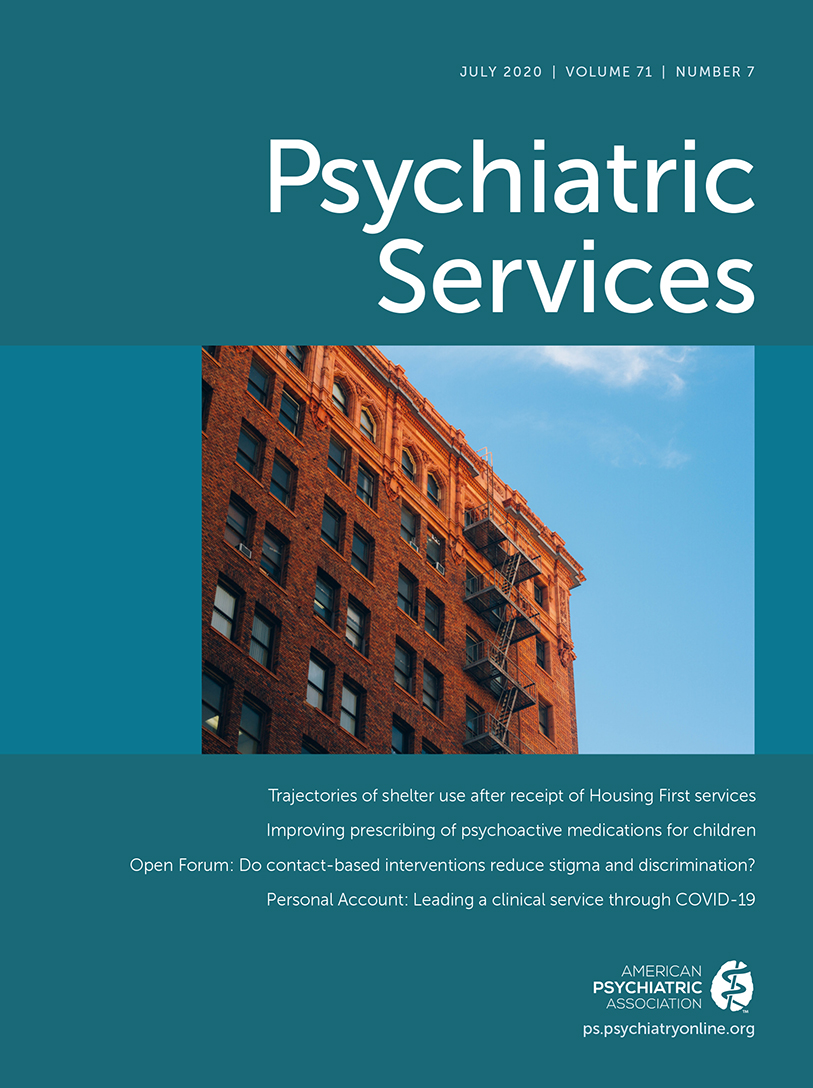Challenges to Reforming the Competence to Stand Trial and Competence Restoration System
Abstract
Many mental health and justice professionals have noted that the system that manages both competence to stand trial (CST) evaluation and competence restoration (CR) processes in criminal cases is in crisis. Public mental health services often are inundated with court referrals and are challenged to address them in a timely manner, resulting in waits for competence-related services for people in jail as well as substantial risks to criminal defendants for whom competence issues are raised. In this review, the authors describe the current CST-CR system and offer preliminary solutions to its challenges. In addition, they examine published works on the legal foundation of CST to help support the basis for this analysis. The results of this review point to the need to more effectively address the complexities of the CST-CR systems and highlight the importance of collaboration across legal and clinical systems. Guidance to states can be best facilitated by support for empirical research on the individual- and system-level factors that contribute to the waitlists and system paralysis that have a negative impact on people with serious mental illness in the criminal justice system.



